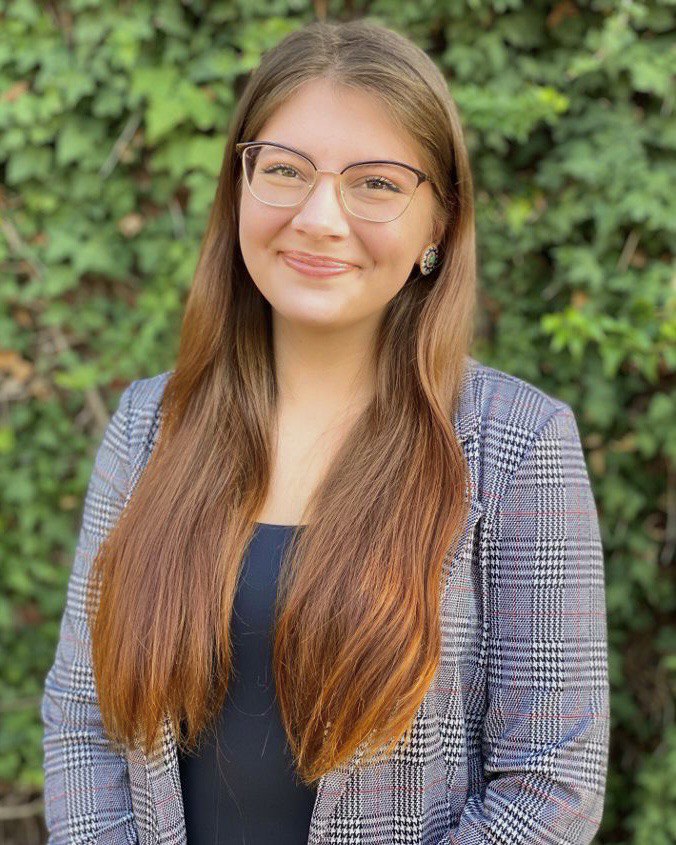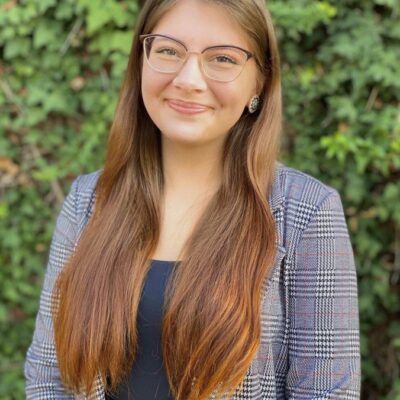For many of those from Indigenous communities, this [the anti-abortion movement] is only one episode in a larger, historical pattern of government attempts to control Indigenous bodies.
This past weekend recognized and celebrated the 49th anniversary of Roe v. Wade and how this landmark Supreme Court decision protected the freedom to choose. Nearly half a centry later, we’re still fighting legislation that severely restricts abortion access and litigation that challenges the precedent set by Roe. Defending Roe is crucial to protecting reproductive freedom. Nevertheless, the full exercise and significance of those freedoms is not equally realized by all segments of our society. For many of those from Indigenous communities, this is only one episode in a larger, historical pattern of government attempts to control Indigenous bodies. Furthermore, the future of reproductive health care must uplift and center the experiences and challenges faced by marginalized communities, including the Native American community, if the promise of Roe is to be truly fulfilled.
First, it is essential to understand pregnancy and childbirth as a deeply personal, private, and complex matter. The decision may be clear for some and difficult for others. It may be painful for some, or it may be a relief for others. Creating a family and bringing a child into this world is one of the most significant decisions a person can make. Different traditions and beliefs can make the decision easier or harder, but what matters most about this decision is that every individual is allowed to make it for themselves and without interference from politicians.
While I can never speak for all Indigenous people, as a Seminole and Muscogee woman I have witnessed conflict over state and federal intrusions into the affairs of tribal nations and Native individuals. The tension between the governor and the tribes here in Oklahoma is especially high because of the many recent attempts to diminish tribal authority and overstep the limits of state power. Being able to exercise self-determination is a necessary component of exercising our sovereignty as tribal nations, likewise, being able to exercise self-determination over the most private and personal matters in the form of bodily autonomy is a cause worth advocating for as individuals.
Since the beginning of settler colonialism on turtle island, there has been an obsession with controlling the family structures and bodies of Indigenous peoples. Our very presence threatens settler land grabs, and the elimination - both literally and figuratively - of Indigenous people has been an ongoing effort in justifying the United States’s existence on stolen land. Therefore, attempting to control Indigenous bodies as the federal and state governments saw fit, instead of how Indigenous people ourselves saw fit, has been a long-standing pattern rather than an isolated incident.
In the recent past, many of our relatives had been subjected to forced sterilization at the hands of government healthcare providers. During the 1970s, the Indian Health Services (IHS) was responsible for a mass sterilization of Native Americans. These procedures were often done without the patient's knowledge or under coercive conditions. Some patients were lied to and incorrectly told the procedures could be reversed, while others would come in for routine or unrelated procedures such as appendectomies and would leave with their tubes tied or their uterus completely removed.
These horrific violations of bodily autonomy were systematically performed. Some estimates on the lower end still claim that at least 25% of Native people of childbearing age were subjected to these sterilizations during this period, with some as young as fifteen. Other communities of color, low-income communities, and people with mental and physical disabilities have shared similar stories of forced or coerced sterilization and are still grappling with the generational impacts of these violations, which unfortunately have not entirely disappeared. Immigrant communities, many of whom have Indigenous roots, have also come forward with their stories of forced and coerced sterilizations while being held in ICE detention centers in recent years.
Determining the fate of an individual’s reproductive system without their consent and against their will is the epitome of reproductive injustice, whether that be forcing someone to carry a pregnancy to term or preventing them from having that choice in the first place. The onslaught of anti-abortion legislation is a different side of the same coin of reproductive injustice. Whether the laws in question directly restrict abortion procedures or limit the access and ease of obtaining one, these laws strip an individual of their ability to make reproductive decisions on their own behalf and infringe on their right to bodily autonomy.
Another profoundly troubling implication of restrictive abortion laws is how these policies punish those who violate them. Attacks on reproductive freedom often result in the criminalization of abortions and the subsequent criminalization of those who either have or perform the abortion. The decision to have an abortion can already be emotional for many, and an individual who decides that terminating their pregnancy is the best decision for themselves and their family should not also have to worry about facing punitive repercussions for that decision.
Criminal charges for those who have abortions is an injustice for all, however, the impact would disproportionately burden Black, Indigenous, and other communities of color who are more likely to experience oversurveillance, discrimination, and injustice in the carceral system. These restrictive and punitive anti-abortion policies not only strip people of their bodily autonomy, but they also further push Indigenous people into the carceral system and under the control of the state. As a result, Indigenous communities are left to grapple with the trauma caused by the mass incarceration of our people.
Just a few months ago, Oklahoma news made national and international headlines as many were outraged by the conviction of Brittney Poolaw, a Comanche woman who was charged with manslaughter after suffering a miscarriage. The charges were made under the allegation that drug use caused the miscarriage, despite a lack of medical evidence attributing the loss of pregnancy to substance abuse. Suffering from a miscarriage is already a traumatic experience that should be addressed with care instead of criminal allegations and prosecution.
These anti-abortion laws create a future that is dangerous for the health of pregnant people. Being forced to carry a pregnancy to term is already more dangerous than having an abortion, but the criminalization of abortions also creates an environment that may deter people from seeking care from a miscarriage out of fear they will be accused of having an abortion. Most vulnerable to these criminal accusations will be Native people and other BIPOC individuals who do not need another opportunity to be overpoliced and overincarcerated.
Defending Roe v. Wade against anti-abortion attacks is critical yet minimal. Roe must not only be protected but expanded in order to truly serve all. It is essential that abortions be understood as health care – health care which is promised to Native peoples due to trust and treaty obligations made by the federal government. However, obtaining an abortion is especially hard for those who rely on IHS facilities for health care considering that the Hyde amendment prohibits funding abortions with federal dollars. This leaves countless Native people with severely limited access to abortions even in a time where Roe stands as law. The hurdles and barriers erected by anti-abortion movement further prevent meaningful access.
Abortions, even when legal, remain one of the countless sites of inequitable access to health care, and forcing a person to carry a pregnancy to term is not an equal risk for all when considering that Native people face a greater risk considering the higher rates of both maternal and infant mortality. Reproductive health care inequities span further than just an abortion. Reproductive health care, including but not limited to birth control, sex education, prenatal care, STI testing and treatment, must all be equitably administered and accessible.
After 49 years of the right to choose, it is important to reflect on who has been historically denied the right to exercise bodily autonomy and what communities still face disparities today. Addressing health disparities and lack of access in Native communities needs to be a central part of the reproductive justice dialogue, and Native voices must have a seat at the table.


